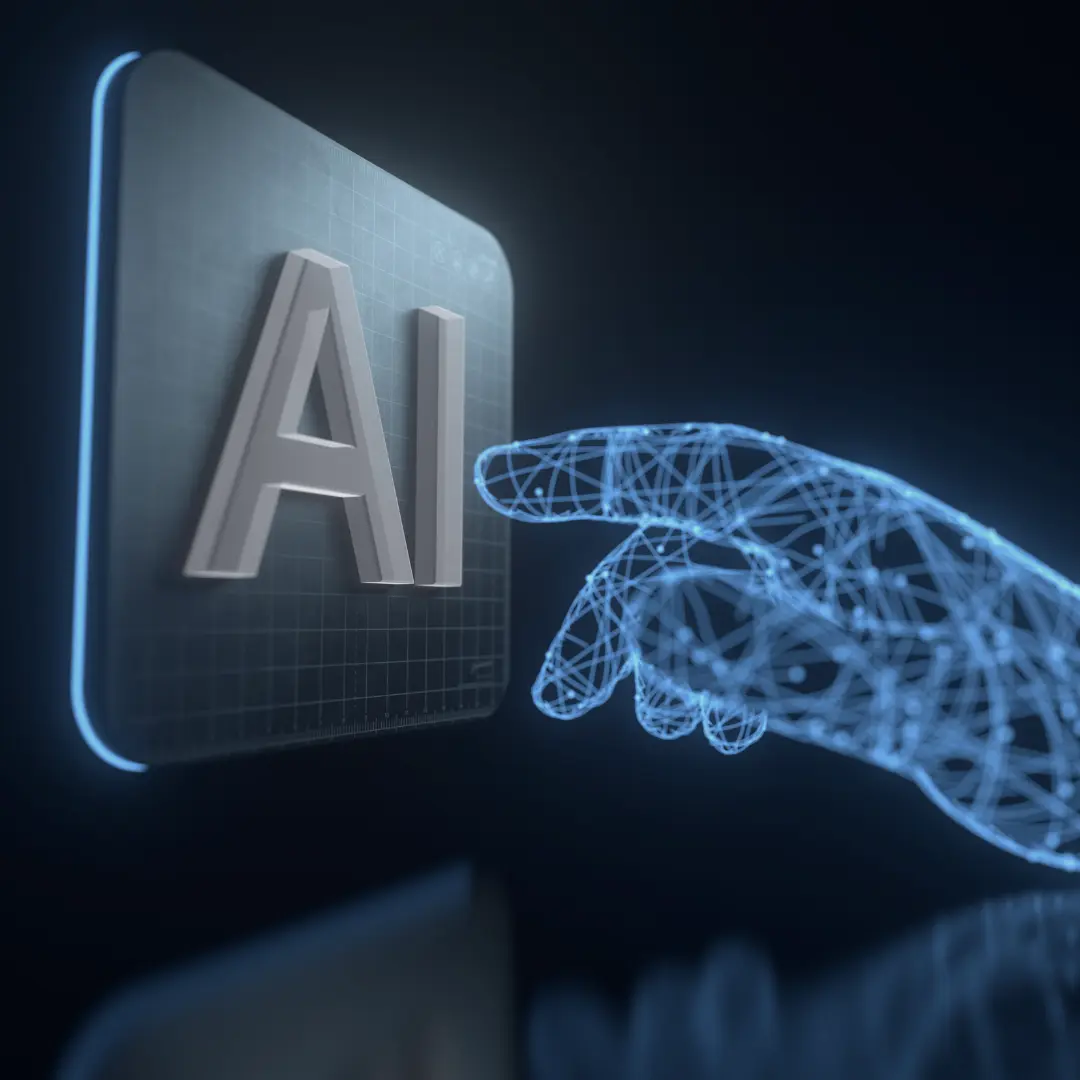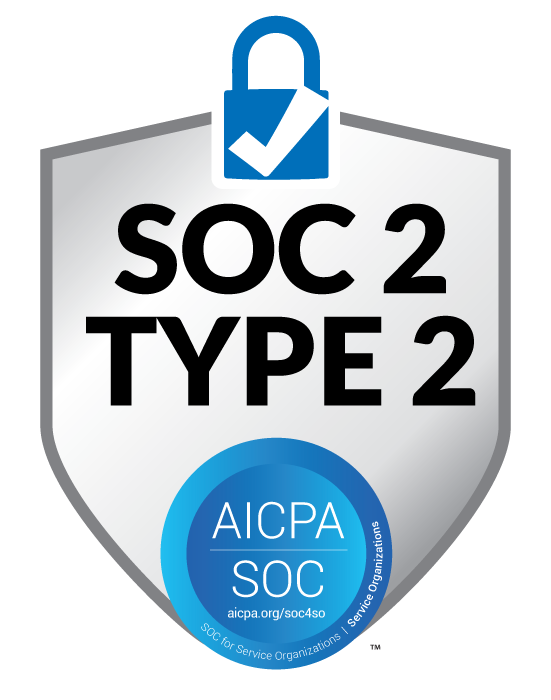Introduction
Grammarly, is evolving from a writing assistant to a comprehensive productivity platform. With a $1 billion investment from General Catalyst in May 2025 and strategic acquisitions of Coda in December 2024 and Superhuman in July 2025, Grammarly is redefining workplace communication. Boasting over 40 million daily users and $700 million in annual revenue, it now competes with giants like Microsoft and Google. For marketers, product managers, and AI enthusiasts, this shift signals a transformative future for communication tools and workplace efficiency.
What’s New in Grammarly’s Product Line
Grammarly’s expanded feature set positions it as a robust AI productivity platform. Key additions include:
Coda Integration: Acquired in December 2024, Coda’s collaborative tools, including Coda Docs and Coda Brain, enhance team workflows and enterprise knowledge management.
Superhuman Acquisition: In July 2025, Grammarly acquired Superhuman, boosting email efficiency with AI features that increase email productivity by 72% per hour.
AI Agents: Grammarly’s specialized AI agents integrate with emails, documents, and calendars, offering context-aware features like tone adjustment and task automation.
These advancements make Grammarly a versatile tool for professionals seeking seamless AI-driven workflows.
Why This Is a Strategic Shift
Grammarly’s pivot to a comprehensive AI productivity platform is driven by:
Broader Market Reach: Targeting enterprises with Coda and Superhuman integrations to meet the demand for collaborative tools.
Competitive Positioning: Competing with Microsoft Copilot and Google Workspace by focusing on communication workflows.
Innovation Leadership: Developing advanced AI agents to lead in communication-centric productivity solutions.
This strategic move positions Grammarly as a key player in the future of work.
Comparison with Other AI Productivity Tools
Grammarly’s unique focus on communication workflows sets it apart from competitors:
Notion AI: Offers note-taking and project management but lacks Grammarly’s specialized language processing.
Microsoft Copilot: Integrates with Microsoft 365 but has a broader focus, less tailored to communication.
Google Workspace AI: Provides Smart Compose and meeting summaries but trails Grammarly in advanced language capabilities.
Grammarly’s acquisitions enhance its edge in AI-driven communication.
Challenges or Risks
Grammarly faces challenges in its transformation:
Brand Perception Shift: Moving beyond writing assistance risks alienating users accustomed to its core offering.
Integration Complexity: Merging Coda and Superhuman into a cohesive platform requires seamless execution.
Competition: Tech giants like Microsoft and Google pose significant hurdles with their established ecosystems.
AI Overreach: Overloading features could clutter the user experience, impacting usability.
What It Means for the Future of Work and Writing
Grammarly’s evolution aligns with trends shaping the future of work:
Communication Agents: AI agents streamline tasks across emails, documents, and calendars.
AI as Productivity Partners: Tools like Grammarly enhance efficiency for diverse users, from students to enterprises.
Integrated Workflows: Acquisitions like Coda and Superhuman create a seamless communication ecosystem.
These trends point to a future where AI enhances both writing and workplace productivity.
Conclusion: Shaping the Future of Communication
Grammarly’s transformation into an AI productivity platform marks a significant step in redefining workplace communication. By integrating Coda and Superhuman, Grammarly enhances its language expertise with robust productivity tools. Despite challenges like integration complexity, its vision aligns with the demand for AI-driven solutions.
For professionals and enterprises, Grammarly’s evolution offers insights into the future of work. Share your thoughts on this shift in the comments, and subscribe for more updates on AI and workplace trends.
About the Author

Aravind Balakrishnan
Aravind Balakrishnan is a seasoned Marketing Manager at lowtouch.ai, bringing years of experience in driving growth and fostering strategic partnerships. With a deep understanding of the AI landscape, He is dedicated to empowering enterprises by connecting them with innovative, private, no-code AI solutions that streamline operations and enhance efficiency.




